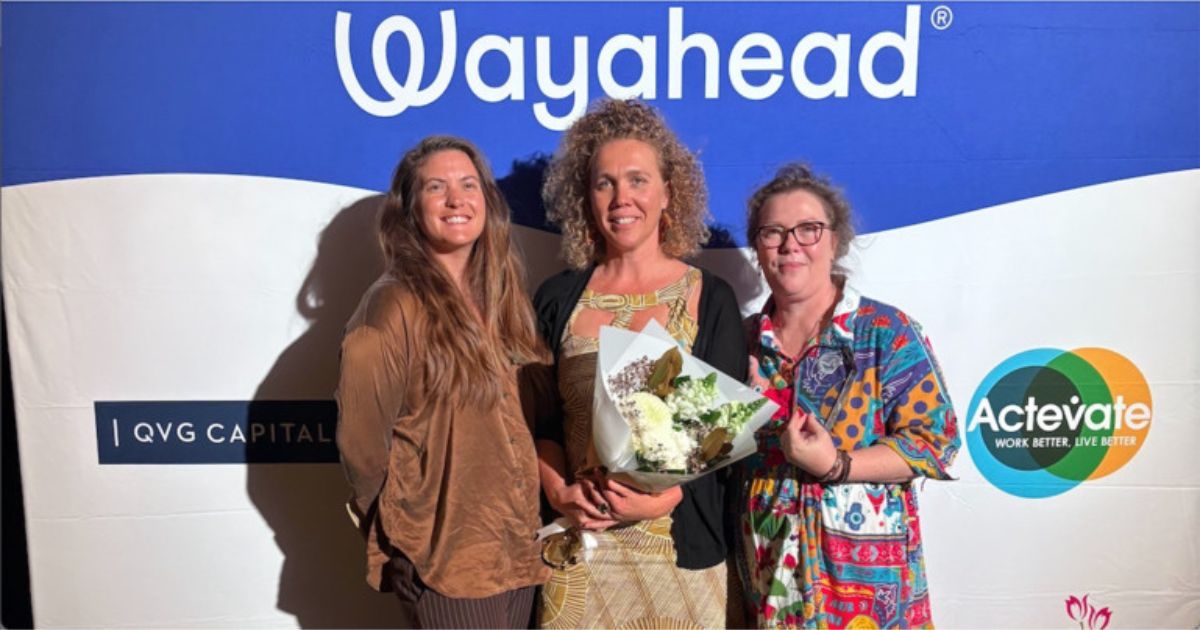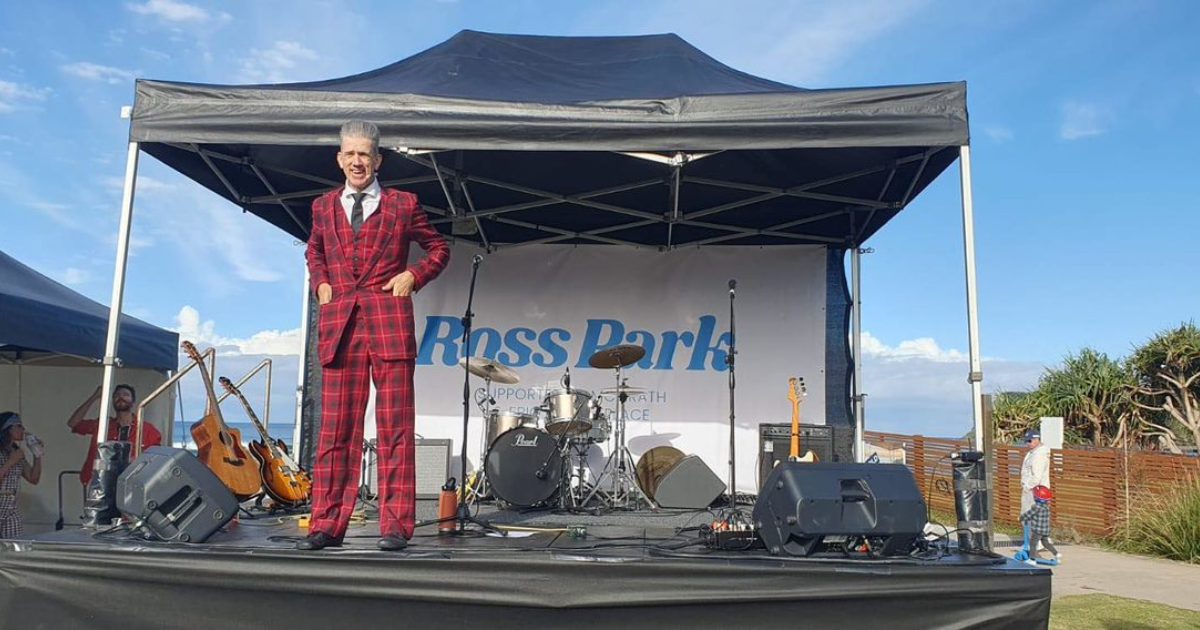Project revitalises Indigenous cultural practices through sustainable fishing nets
A local research project is revitalising the cultural practice of string-making to construct traditional fishing nets while fostering community connection and sustainability.
The Southern Cross University project, titled “Stories behind the fishing net – sitting with the Aunties,” was initiated by the late Aunty Gwen Williams, a senior member of the Bundjalung Nation.
It is now co-led by Dr Kylie Day and Dr Jenelle Benson, alongside Aimee Andersen from the Centre of Teaching and Learning, and local Elder Aunty Jacqui Williams.
Dr Day said there are many ecological advantages of using natural fibres over nylon.
“All of the nylon nets that have ever been made still exist,” she said.
“They take over 600 years to break down in the water.”
Ghost nets, which are abandoned or lost fishing nets, are a significant problem in the ocean, entangling marine life and birds on a massive scale.
“Our net would take 12 months to break down in the water and would become nutritious for the fish,” Dr Day said.
“There is a huge difference in the ecological impacts.”
The research project was presented last month at the Rainforest Connections Conference in Ballina as an example of implementing Indigenous knowledge for environmental benefits.
Dr Day said the project was focused on strength-based processes that Indigenous and non-Indigenous people can be involved in.
“It’s an active process that people are connecting with and having an immediate healing benefit from engaging in our workshop.”
The project’s workshops involve local weavers who guide participants in selecting sustainable fibres and making string.
The string is then passed to a group of men from Namabunda Farm in Alstonville to construct the net.
This collaborative effort has become a significant act of cultural revitalisation, according to Aimee Andersen.
“The impact of colonisation on this area with the Bundjalung people meant that weaving practice lay dormant in this area until around 15 to 20 years ago,” she said.
“It’s become a method of decolonisation for the non-Indigenous participants because they are connecting with Bundjalung people, they’re having an experience of weaving and it is community building.
“This project has also given local weavers agency to reclaim this cultural knowledge for themselves.”
The full interview with Dr Kylie Day and Dr Jenelle Benson is available on the SCU Buzz podcast.



















